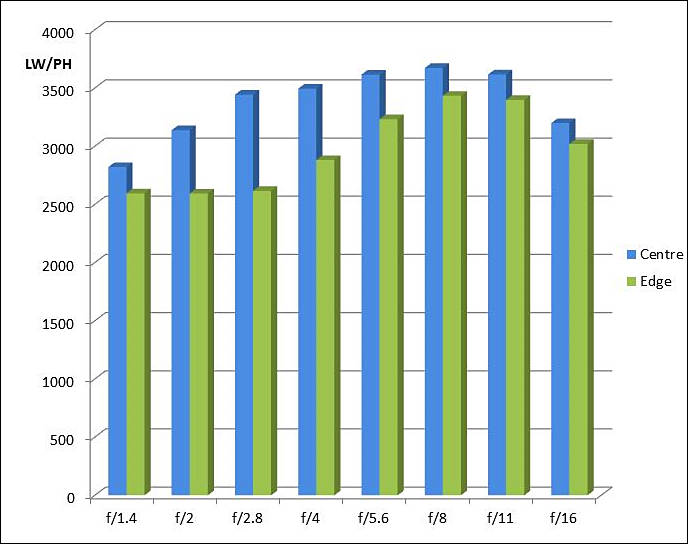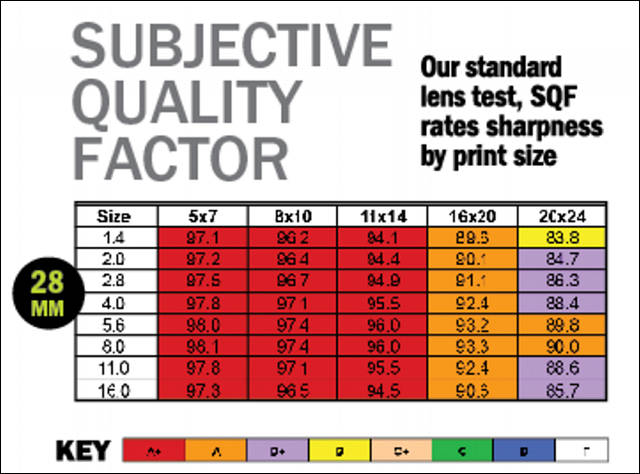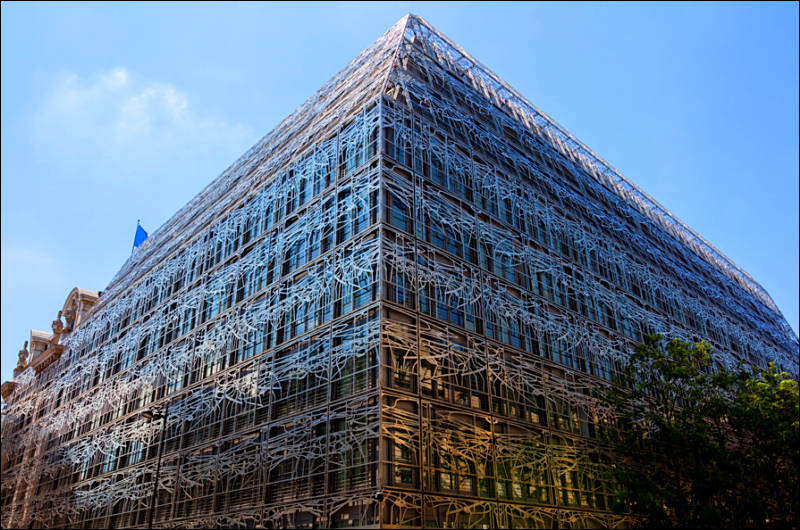
It allows to keep PV going, with more focus towards AI, but keeping be one of the few truly independent places.
-
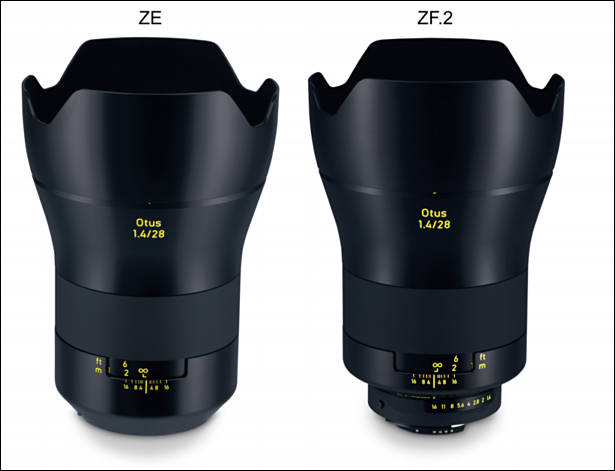
Specs
- 28 mm
- F1.4 – F16
- 16 elements in 13 groups
- 0.3 m– infinity focus range
- Focuses from 0.15m
- Rotation angle of focus ring - 120°
- Filter thread M95
- Camera mounts - EF-mount (ZE), F-mount (ZF.2)
Available at:- Nikon - https://www.amazon.com/Zeiss-Distagon-Otus-28mm-Nikon/dp/B018WPZOUK/
- Canon - https://www.amazon.com/Zeiss-Distagon-Otus-ZE-Canon/dp/B018WPZNOC/

 zebra175.jpg615 x 471 - 27K
zebra175.jpg615 x 471 - 27K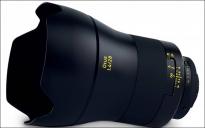
 zebra174.jpg781 x 487 - 30K
zebra174.jpg781 x 487 - 30K -
PR
With the new ZEISS Otus 1.4/28, users of shorter focal lengths can now also take advantage of the uncompromising quality of the ZEISS Otus family, whether for landscapes, architectural photography or any other images they take with a wide-angle lens. Where details count, the ZEISS Otus 1.4/28 with ZE or ZF.2 mount for DSLR cameras from Canon¹ and Nikon¹ is the lens of choice. When used with modern, high-resolution DSLR cameras, it offers unrivalled image quality unseen until now in wide-angle photography, even with a wide-open aperture.
The ZEISS Otus 1.4/28, a moderate wide-angle lens, particularly shows off its strengths in landscape photography. Even with a maximum aperture, the corners of the image are completely usable, so there are no limits to composition. In poor light combined with fast-moving objects, the lens also excels due to its high speed of f/1.4. While other lenses reveal their shortcomings in correction in night photography, especially when lots of open light sources dominate an image, the ZEISS Otus 1.4/28 boasts a stellar performance. Finally, the latest member of the ZEISS Otus family is excellent for taking pictures of image elements in the foreground, as they take on a greater feeling of depth to the scene due to the wide background and the open aperture; here, the lens’s harmonious bokeh ensures a 3D effect.
For professional photographers
Developed to meet the high demands of professional photographers, the ZEISS Otus 1.4/28 has – like the two other focal lengths in the ZEISS Otus family – inner focusing, a dial window and the well-known yellow labeling of the dials for easy legibility, all of which are already known from professional cine lenses (for example ARRI/ZEISS Master Prime).
The ZEISS Otus 1.4/28 also stands out for its mechanical quality: the soft focus operation with the large rotation angle allows for the finest variations when focusing – something that is only possible with a metal construction. In every focusing situation, the user is given freedom to compose – one of the most important creative factors in photography. An artistic tool is literally put in the photographer’s hands. The robust all-metal barrel with its easy-to-grip focus ring is well suited for a photographer’s demanding everyday work; this ensures a long product life. The optical performance of the ZEISS Otus 1.4/28 is outstanding thanks to its high image contrast all the way into the edges of the image – already at an open aperture. Its consistent performance at all distances (minimum working distance of 0.15 m or 5.19”), the highly detailed images it creates without any bothersome artifacts, and the neutral bokeh in the background round out the excellent image quality of the ZEISS Otus 1.4/28. “With these features the ZEISS Otus lenses set themselves apart from the other ZEISS SLR lenses, such as the ZEISS Milvus family, which we recently presented,” said Christophe Casenave, Product Manager with ZEISS Camera Lenses.
Thanks to these characteristics, the ZEISS Otus 1.4/28 offers users who use a modern high-resolution 35-mm DSLR camera a quality that corresponds to the level of the medium format – without having to invest in large and expensive medium-format equipment.
Intricate construction for uncompromising imaging performance
The lens consists of 16 elements in 13 groups. One of the lens elements has an aspheric optical surface and one element is aspheric on both sides. Eight other lens elements are made of special glass. The basis of the optical design is a Distagon. The special glass has anomalous partial dispersion, as is typical for an apochromatic lens. This corrects the longitudinal chromatic aberrations superbly, which therefore lie considerably below the tightly defined boundaries. Bright-dark transitions in the image, in particular highlights, are depicted almost completely free of color artifacts. The floating elements design (the change of distances between certain lens elements when focusing) allows for unrivalled imaging performance along the entire focusing range, from 0.3 m (11.81”) to infinity.
The ZEISS Otus lens family
When ZEISS introduced the ZEISS Otus 1.4/55 in 2013, creating a new family of high-end SLR lenses, the trade press and users alike were enthusiastic. The ZEISS Otus 1.4/55 has exceeded its promises up to this day. The second member of the family, the ZEISS Otus 1.4/85, which was presented at photokina 2014, continued this success story in the short telephoto range. It enables photographers to express their creativity in a unique way – and that with the unsurpassed high imaging performance for which the lenses in the ZEISS Otus family are known. “The ZEISS Otus 1.4/28 continues the tradition of its lens family. It is the best wide-angle that has ever existed. Now we can offer three outstanding lenses for the widest variety of applications,” added Casenave.
Price and availability
The ZEISS Otus 1.4/28 ZF.2 and ZEISS Otus 1.4/28 ZE will be available worldwide starting in the second quarter of 2016. The lens shade is included with delivery. The retail sales price is unknown to date.
-

 zebra222.jpg800 x 533 - 136K
zebra222.jpg800 x 533 - 136K -


 zebra232.jpg1279 x 777 - 122K
zebra232.jpg1279 x 777 - 122K -
Preorder at http://www.bhphotovideo.com/c/product/1190732-REG/zeiss_otus_28mm_f_1_4_zf_2.html, only $4990, very affordable
-

 zebra538.jpg800 x 529 - 155K
zebra538.jpg800 x 529 - 155K
 zebra539.jpg688 x 544 - 58K
zebra539.jpg688 x 544 - 58K -

 zebra818.jpg800 x 543 - 65K
zebra818.jpg800 x 543 - 65K -

 img192.jpg800 x 536 - 91K
img192.jpg800 x 536 - 91K
 img193.jpg800 x 548 - 42K
img193.jpg800 x 548 - 42K -

 img485.jpg640 x 474 - 59K
img485.jpg640 x 474 - 59K -

 img606.jpg598 x 298 - 53K
img606.jpg598 x 298 - 53K -

 img892.jpg800 x 530 - 121K
img892.jpg800 x 530 - 121K
Howdy, Stranger!
It looks like you're new here. If you want to get involved, click one of these buttons!
Categories
- Topics List23,979
- Blog5,725
- General and News1,352
- Hacks and Patches1,153
- ↳ Top Settings33
- ↳ Beginners255
- ↳ Archives402
- ↳ Hacks News and Development56
- Cameras2,362
- ↳ Panasonic991
- ↳ Canon118
- ↳ Sony156
- ↳ Nikon96
- ↳ Pentax and Samsung70
- ↳ Olympus and Fujifilm100
- ↳ Compacts and Camcorders300
- ↳ Smartphones for video97
- ↳ Pro Video Cameras191
- ↳ BlackMagic and other raw cameras116
- Skill1,961
- ↳ Business and distribution66
- ↳ Preparation, scripts and legal38
- ↳ Art149
- ↳ Import, Convert, Exporting291
- ↳ Editors191
- ↳ Effects and stunts115
- ↳ Color grading197
- ↳ Sound and Music280
- ↳ Lighting96
- ↳ Software and storage tips267
- Gear5,414
- ↳ Filters, Adapters, Matte boxes344
- ↳ Lenses1,579
- ↳ Follow focus and gears93
- ↳ Sound498
- ↳ Lighting gear314
- ↳ Camera movement230
- ↳ Gimbals and copters302
- ↳ Rigs and related stuff272
- ↳ Power solutions83
- ↳ Monitors and viewfinders339
- ↳ Tripods and fluid heads139
- ↳ Storage286
- ↳ Computers and studio gear560
- ↳ VR and 3D248
- Showcase1,859
- Marketplace2,834
- Offtopic1,319





